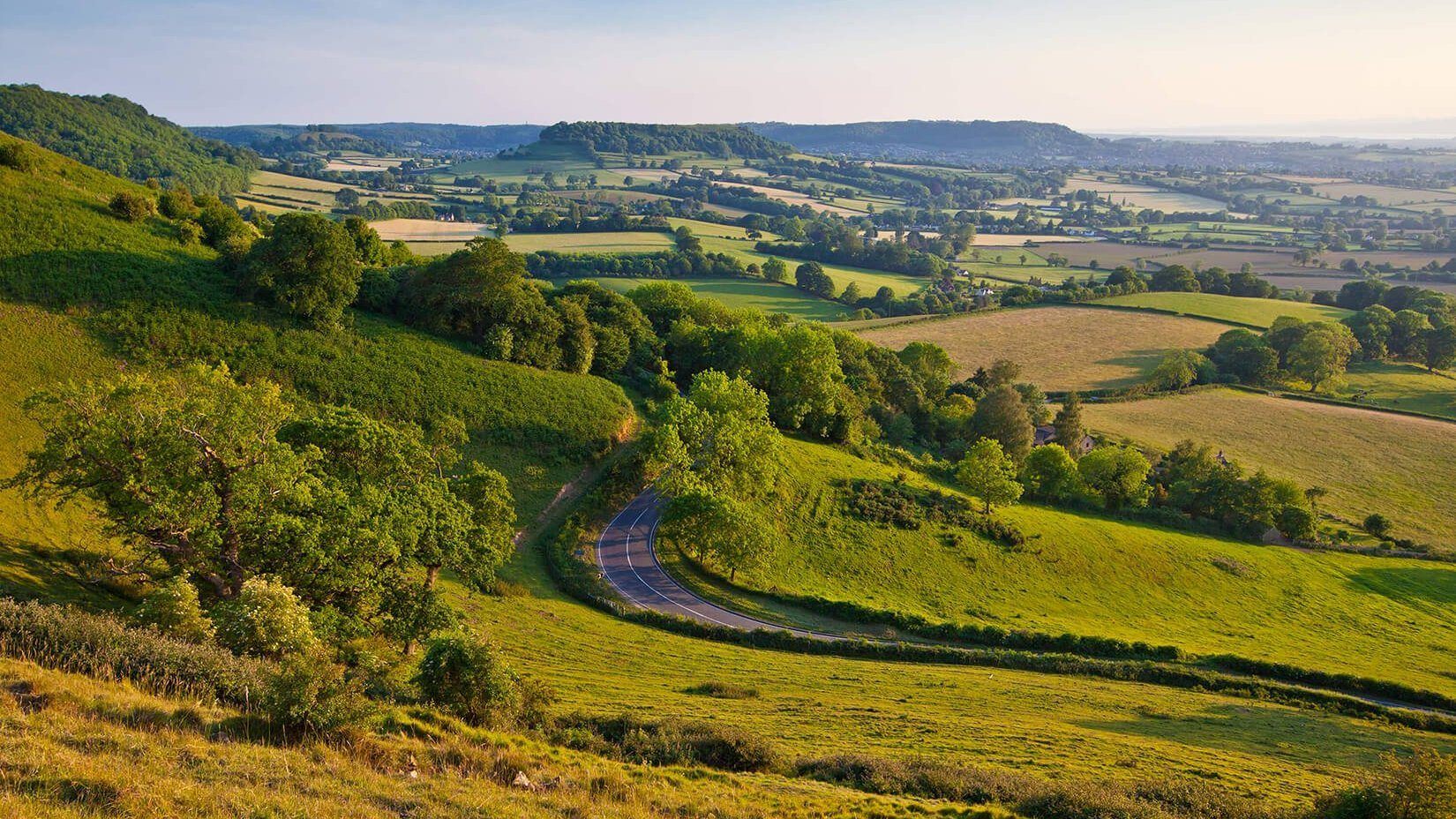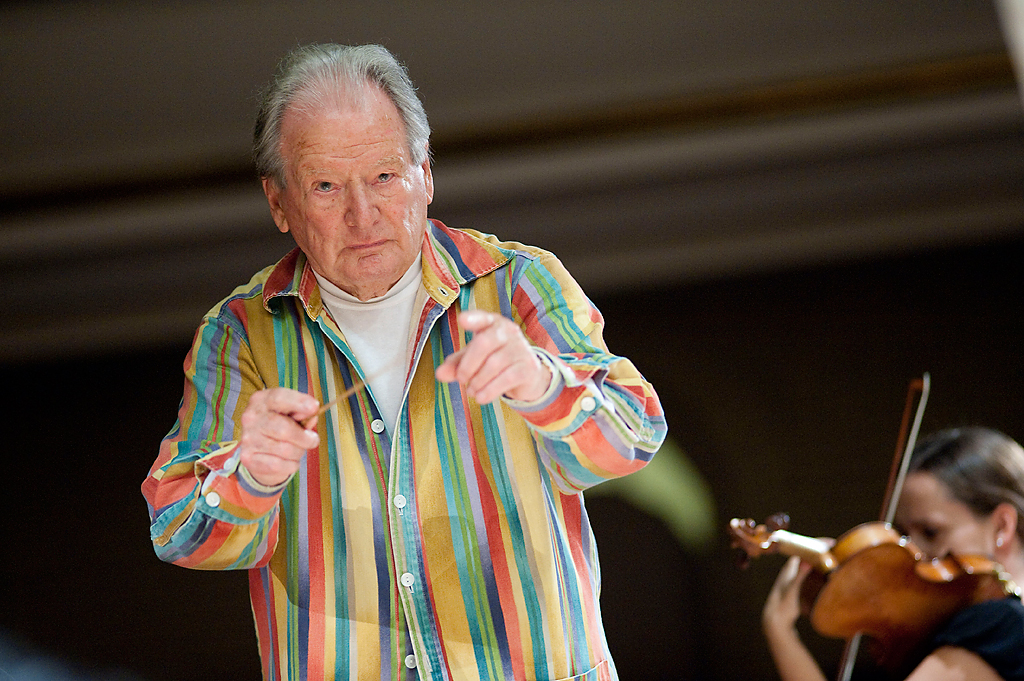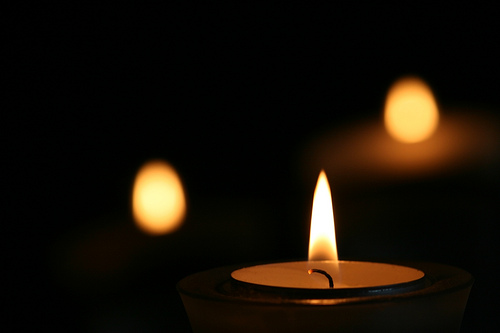Vaughan Williams’ “In the Fen Country”: A Symphonic Impression
The Fens are a bleak, desolate, and relentlessly flat marshland found in East Anglia on the east coast of England. They resemble a slice of the Netherlands, transported from the other side of the North Sea. Their austere mystery inspired Graham Swift in his 1983 novel, Waterland, to ask, “what are the Fens, which so imitate in their levelness the natural disposition of water, but a landscape which, of all landscapes, most approximates …






